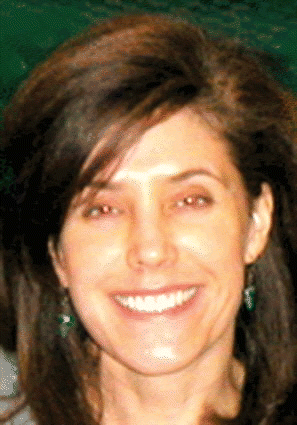These delays require early identification and immediate referral for intervention, and their families require a lot support in order to navigate the service delivery system in order to assure optimal function for the child, the family, and the community, he said. This is not a situation where we can give an antibiotic and things get better. This is a situation that is going to be life-long. It affects the child. It affects the family. It affects the community. We need to be sensitive to it, identify it as early as possible, and make the appropriate referrals.
Explore This Issue
October 2008As clinicians, we do not know everything about everything, but we can identify conditions and make appropriate referrals for assessment and management; for example, if I hear a heart murmur in a child I am going to send that child to a cardiologist. By the same token, if a child has a speech delay or a more complex set of developmental features, then we need to refer the child to the appropriate specialist-a speech pathologist, a developmental pediatrician, or a child neurologist.
Dr. Rubin said that-according to data from the Centers for Disease Control and Prevention-about one child in 150 develops autism or a related disorder, such as pervasive developmental disorder or Asperger’s syndrome, by age eight. You may have even heard about an ‘autism epidemic.’ You pick up a newspaper, you look in a magazine, you turn on the television, and every single day there is something about autism or related disorders.
 We ask our otolaryngology colleagues to watch for the ‘red flags’ of autism and report these findings to a pediatrician and, if appropriate, suggest a workup including referral for further evaluation to a developmental pediatrician or other specialist.
We ask our otolaryngology colleagues to watch for the ‘red flags’ of autism and report these findings to a pediatrician and, if appropriate, suggest a workup including referral for further evaluation to a developmental pediatrician or other specialist.-Michelle Cullen, MD
Dr. Rubin said that the so-called epidemic of autism has more to do with our expanded diagnosis of the autism spectrum disorders than to actual increases in the numbers of children with the condition.
The Autism Spectrum
The autism spectrum consists of three major conditions. There is a classic autism, which was first described in the 1940s, where the child does not communicate or make eye contact, is prone to repetitive ritualistic behaviors, and does not connect or engage with others, Dr. Rubin said.
The other conditions on the autism spectrum were described in the 1970s and 1980s. We noticed that there are some children appeared to have some features of autism but not the full picture, and the term ‘pervasive developmental disorder of childhood,’ or PDD, was coined and codified.
Leave a Reply